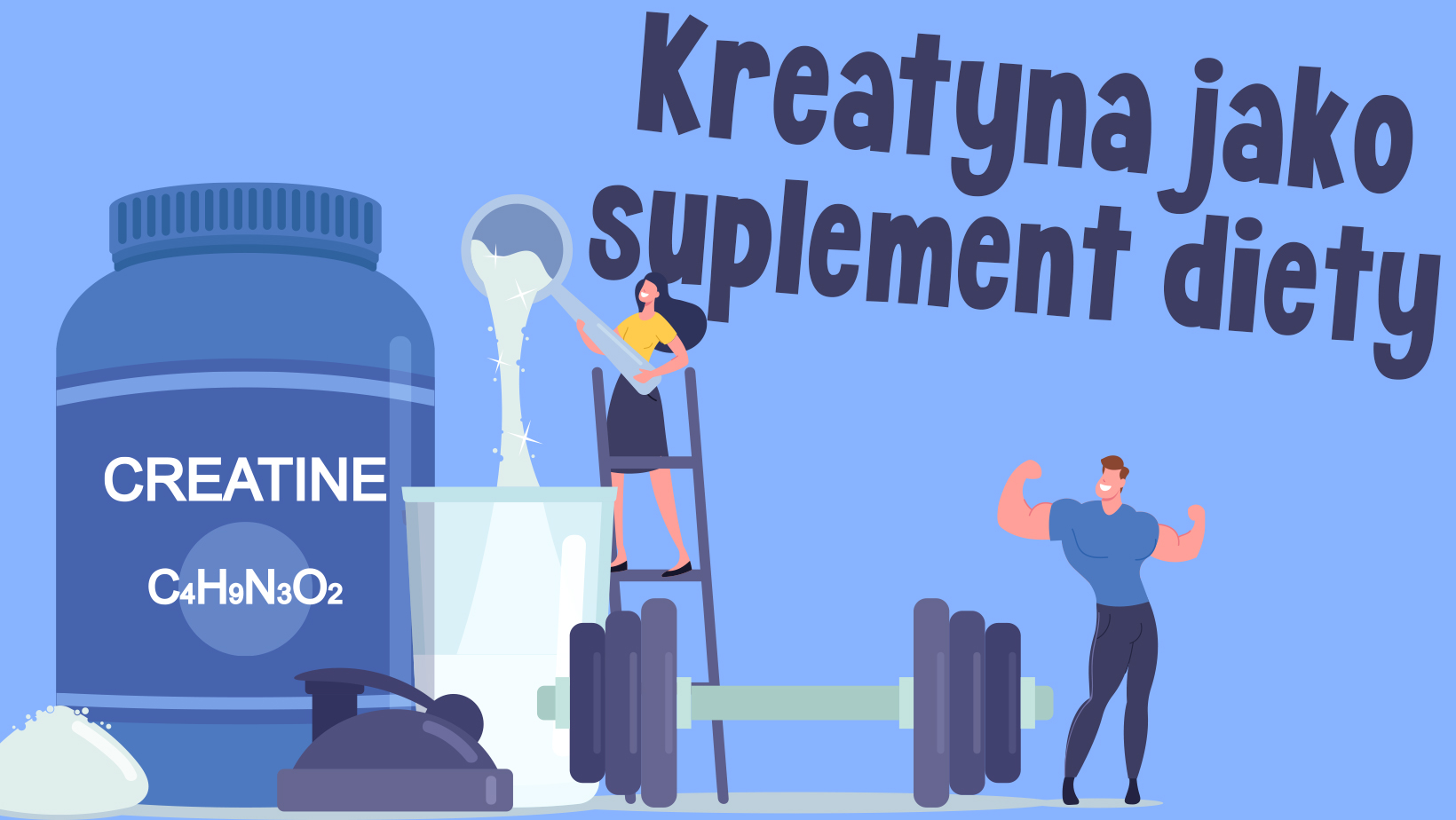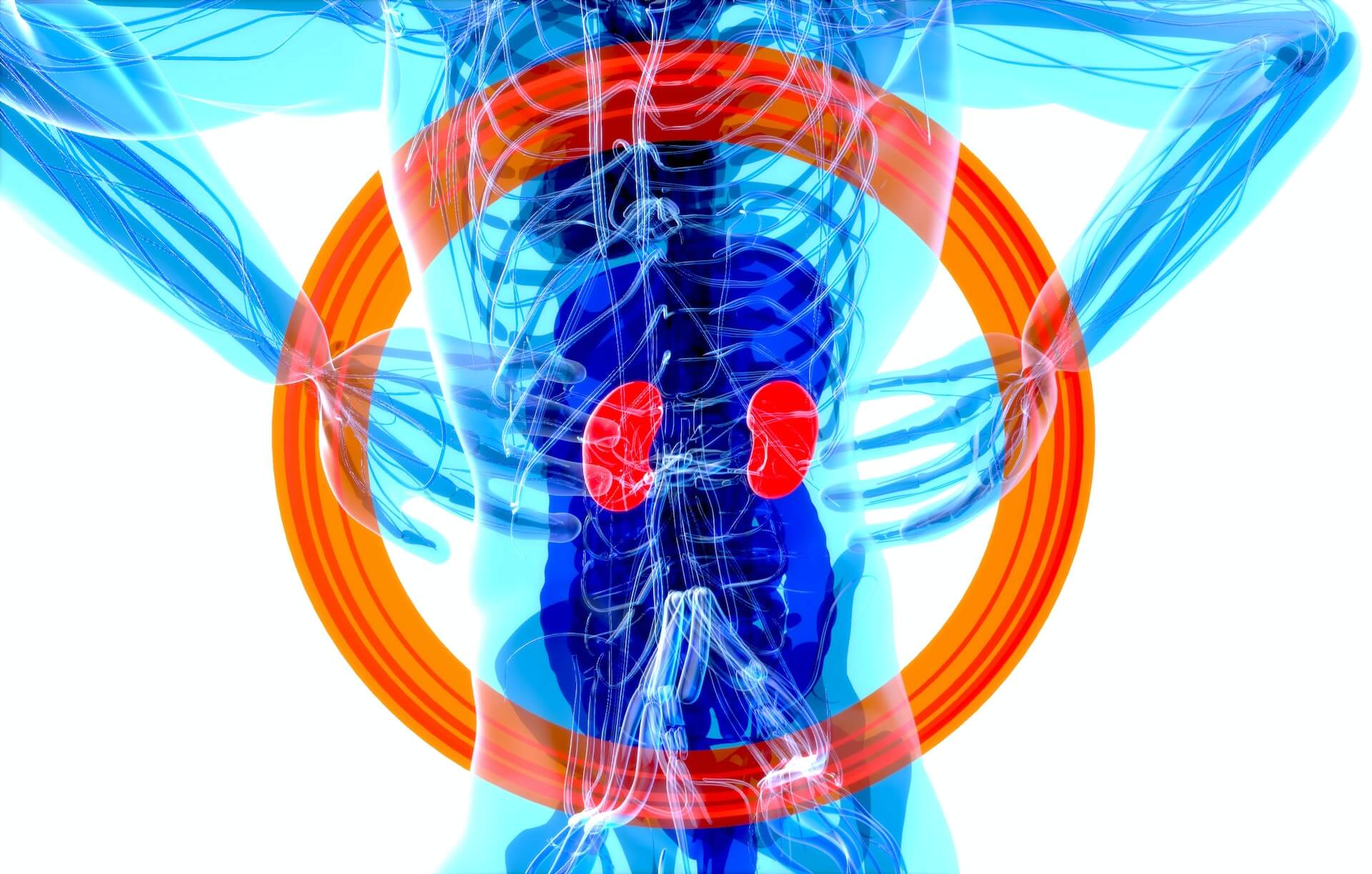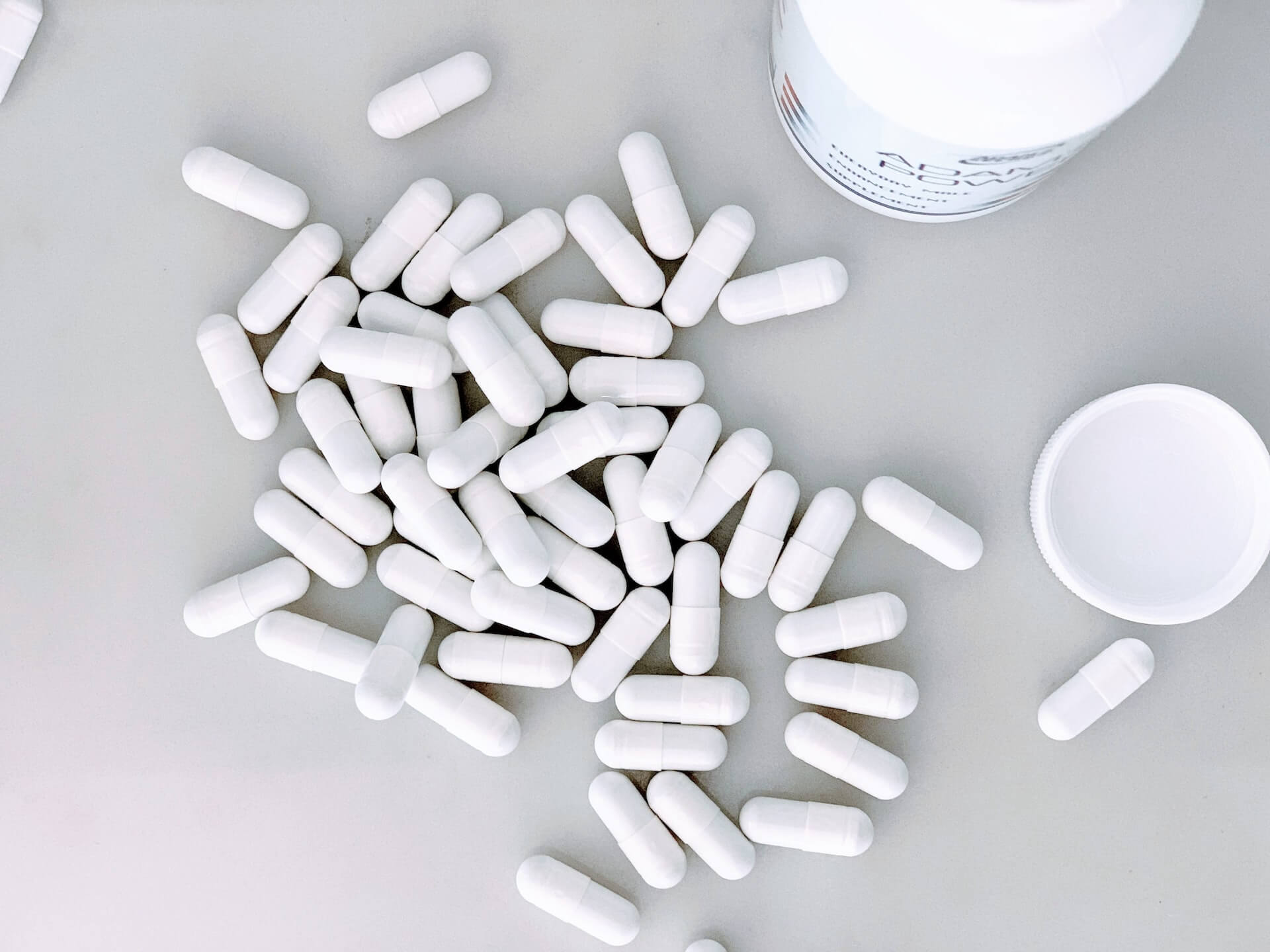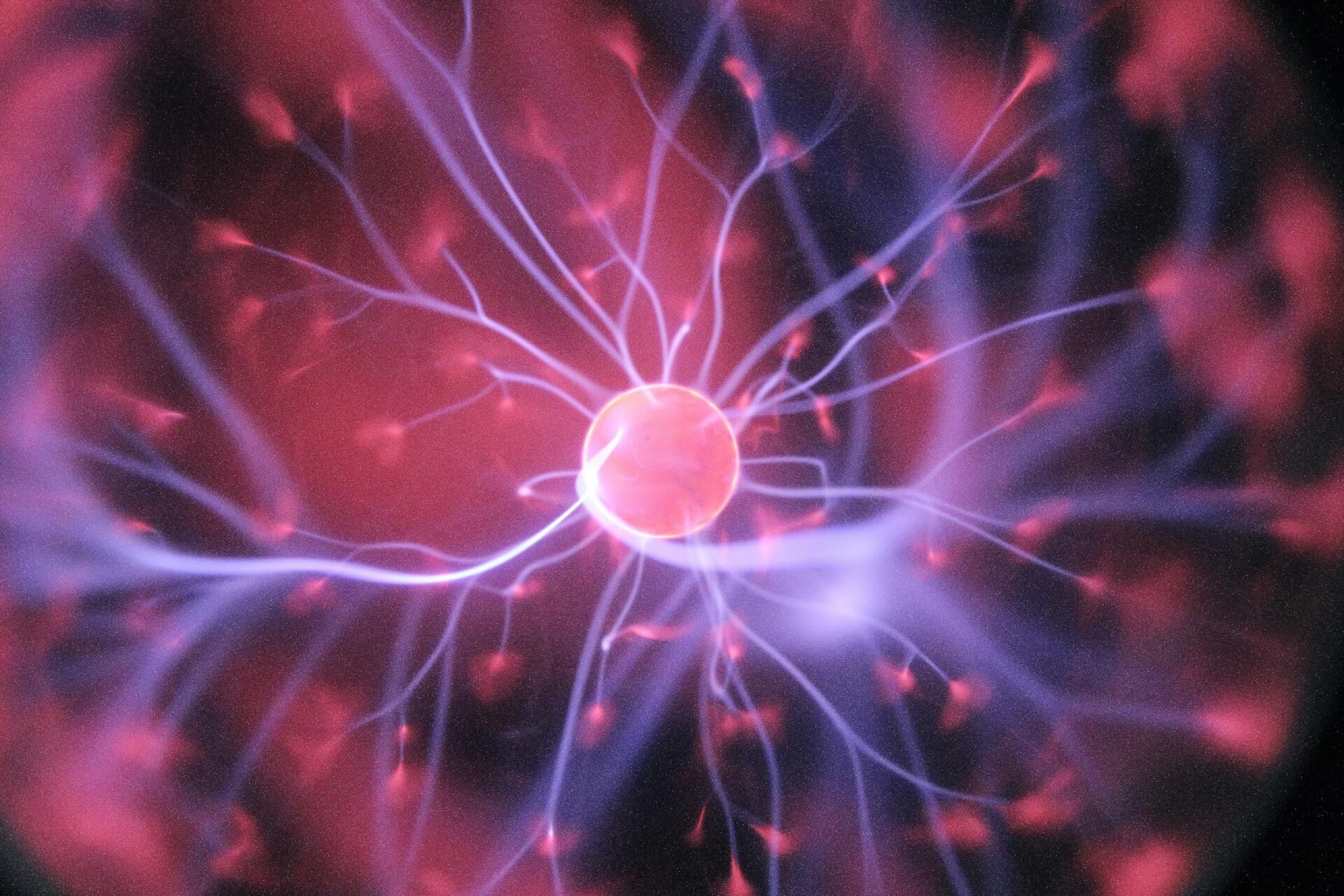
Are you considering adding a supplement to your diet? It’s worth knowing which ones can actually be beneficial. Among athletes, one of the most commonly chosen dietary supplements is creatine. It’s one of the few legal substances for professionals that enhances physical performance. That’s why I’m dedicating today’s post to it. Is its popularity justified? Here, I will discuss how it works and its impact on physical performance. It’s worth noting that besides influencing endurance and strength, it also affects the nervous system. I will provide some tips on dosage and intake strategies.

Creatine User Guide

Creatine is an amino acid naturally synthesized in the human liver. It’s also found in food, though it’s very selective—you’ll only find it in meat and fish. While it doesn’t build muscle tissue, it’s still essential for it because it mediates energy metabolism processes. Creatine as a dietary supplement is now produced synthetically, making it suitable for vegans as well. It’s one of the most powerful supplements for improving fitness and is considered entirely safe. Besides enhancing physical condition, it also affects the nervous system, which I’ll discuss shortly. First, let me explain how it works.

Understanding the mechanism of creatine requires a brief biochemistry lesson. In muscles, creatine exists in two forms: free creatine and creatine phosphate. This is crucial as it allows it to mediate energy regeneration. One way the body obtains energy is through the hydrolysis of adenosine triphosphate (ATP) to adenosine diphosphate (ADP). Another way is the complete hydrolysis of ATP to adenosine monophosphate (AMP). This may sound complicated, but note that the difference between these processes is the change from “tri” to “di.” This means ATP releases one phosphate group and turns into ADP. Here’s where creatine comes in, replenishing ADP with the missing group, resulting in another ATP molecule, from which energy can be produced.
This process supports muscle recovery, leading to better performance and endurance during training. Thus, there’s no doubt about whether your body needs it. The real question is: do you need to supplement it?
As mentioned, creatine is naturally synthesized in the human body and found in fish and meat. Is this enough? It depends. If you are not very active and often eat fish and meat, you probably don’t lack creatine. However, if you train intensively, supplementation can help you make progress.
This dietary supplement is mainly intended for those engaged in strength and speed sports. In both cases, the benefits of taking creatine are significant. It’s also great for supporting rehabilitation after an injury. However, it’s not just for professional athletes. Amateurs will also achieve better results. Additionally, it can counteract sarcopenia and improve overall fitness in older adults.
Special benefits are also observed in vegans and vegetarians. Why? Choosing this diet eliminates the only dietary sources of creatine. Your body then has to rely on what’s synthesized in the liver, leading to lower creatine saturation. In this case, supplementation can make a significant difference.

Primarily, people with kidney diseases and high blood pressure. The breakdown product of creatine is creatinine, which is present in serum. The creatinine level should be within the normal range, determined individually. Often, there’s a concern that creatine supplementation may raise creatinine levels. At first glance, it might seem so, but it only happens if the kidneys are not functioning well. Elevated serum creatinine doesn’t indicate excessive creatine intake but rather kidney dysfunction.
Additionally, those who want to reduce overall body mass should be cautious with creatine. Remember, creatine increases lean body mass. Therefore, it’s not contraindicated for weight loss but rather for those where total body mass matters, like boxers or other weight-regulated athletes.

Let’s delve a bit deeper. Weight loss inherently involves burning fat tissue. Meanwhile, creatine can lead to muscle mass gains. This means that even if the final weight doesn’t change, the body composition will be more favorable. Replacing a few kilograms of fat with muscle is a positive outcome. Moreover, creatine enhances energy management in muscles, which can be beneficial during weight loss. A negative energy balance will less impact muscle tissue, limiting losses.

The daily absorbable dose of creatine is very high. Hence, a common practice is “creatine loading,” which involves taking large doses (15-30 g) for the first few days. After about a week, the dose is reduced to 2-5 g per day. Does this work? Yes, it does. It allows for a rapid increase in muscle creatine content, potentially leading to a sharp rise in lean body mass. However, it’s not necessary.
Satisfactory results can also be achieved by taking smaller doses over a longer period. Optimal results are provided by about 5 g daily, although even 2 grams can be effective. Some believe in taking twice the base dose on training days. There are also voices advocating for using creatine only on training days. All strategies yield good results, making it difficult to determine the most effective approach.

Again, opinions differ. Some advocate for taking creatine before training, while others prefer it post-exercise. Until recently, it was widely believed that taking it after training yields better results. However, recent studies make it hard to say definitively who is right. Comparable effects can be observed with both strategies.

Besides the dose and timing of creatine intake, its pairing matters. Substances taken can interact with food or other substances, including dietary supplements, medications, and even food. This also applies to creatine, which works best with carbohydrates. Carbohydrate intake triggers an insulin spike, improving creatine absorption, making it most effective.
Another common practice is consuming it with protein. However, there’s no evidence that this has any particular positive effect, though it doesn’t hurt. Carbohydrates are most important, and protein won’t harm, especially with a dose of creatine taken immediately after training.

The mechanism is the same as in muscle cells. Creatine and phosphocreatine are also present in nerve cells—neurons. There, it aids in ATP resynthesis, supporting the nervous system. What does this mean for you? Improved nervous system efficiency translates to overall performance, both physical and mental. This includes reduced reaction time, improved memory, and better concentration.
However, studies on this are inconsistent. Some report reduced reaction times, while others do not. The same applies to other functions. There’s no doubt, however, that creatine improves short-term memory. This can be considered one of the confirmed effects of creatine supplementation. It’s also worth noting that the most significant benefits have been observed in vegetarians. These results are logical, given the lack of dietary creatine in such diets. Supplementation helps fill this gap, and effects are quickly noticeable.
Significant benefits from creatine supplementation are also seen in older adults. Ongoing research aims to determine its potential in preventing neurodegenerative diseases. Meanwhile, taking creatine combined with endurance training undoubtedly improves health, fitness, and quality of life in older adults. Studies show that combining training with creatine supplementation yields better results than training alone.

Creatine is available on the market in various forms. At first glance, you can see it in powder or tablet form. Does this matter? Not really. The type of supplement is more important. The oldest and best-studied form is monohydrate. The human body absorbs it well, with bioavailability close to 100%. Despite this, new “better” forms of creatine keep emerging, like malates, orotates, esters, and hydrochlorides. They are more expensive and lack extensive research. Are they really better?
A research team compared new forms of creatine with monohydrate in 2011. They found that monohydrate had the best efficacy, bioavailability, and safety. They repeated the study this year, with similar results: monohydrate remains unrivaled! There’s no rational reason to buy creatine in forms other than monohydrate. It’s well absorbed, well tolerated, and most importantly, effective and safe.
Literature: